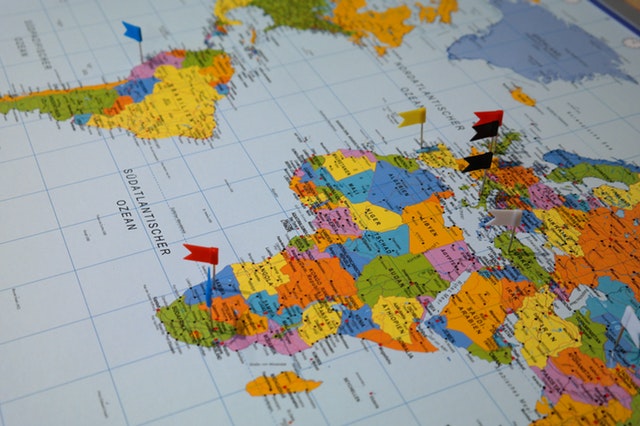The Importance Of Location Pages For SEO
Google gets 63,000 searches per second or about 5.6 billion queries each day. According to Go Gulf, nearly half of these searches are done by people looking for local information. You can tell by these numbers how vast the online market is, and why every local business needs to tap into it.
Many businesses already have, in fact, tapped into this market one way or another. By optimizing for Google, businesses are able to expand their horizons well beyond the cornered walls of their brick and mortar stores. Building citations, creating business sites, setting up social media, and launching advertising campaigns are just some of the most popular ways to optimize for Google.
Much of these strategies are crucial, but they are not the be-all and end-all of search engine optimization. There are other less popular but equally effective techniques for improving your online visibility through SEO. One such method is to make location pages.
What is a location page?
A location page is typically a web page that is dedicated to containing business information. It includes the address, contact details, and opening hours of your business, as well as anything that would make it easier for customers to find you – such as Google Map, directions, nearby landmarks, and photos of your store. The location page is also a good place to feature accepted payment methods, certifications, awards, and other recognitions.
However, you can also turn your location page into a microsite. Its URL can be structured so that it acts as a mother page to blog posts containing relevant information like news and events.
Location pages are ideal for businesses with more than one physical store. Each location can have its own page, unique URL, and other content that is specific to that place. Here, you can highlight the attending staff, reviews from locals, unique offerings, and promos.
Why location pages are important for SEO
Google considers dozens of factors when ranking web pages for display on their search results. For local businesses such as yourself, local information is among those that are weighed in. Since the information is found on your website, Google will treat it as a primary and authoritative source. Therefore, it is considered a strong local ranking factor, which signals Google to show your location pages to related queries.
Location pages that have been properly optimized will appear on the top search results – usually above the fold if you claimed your listing on Google My Business, and if you have positive reviews. This makes it easier for locals to find your store which is really important, because according to HubSpot Marketing, 72% of consumers who performed a local search visited a shop less than 5 miles away. Nectafy further found that 88% of people who searched for a local business with a mobile device either called or visited in 24 hours.
If people have a hard time finding you, or if they can’t reach you in some other way, they might head to the nearest competitor and you will essentially lose customers. On the contrary, the easier it is to locate your stores, the better it would be for your business.

